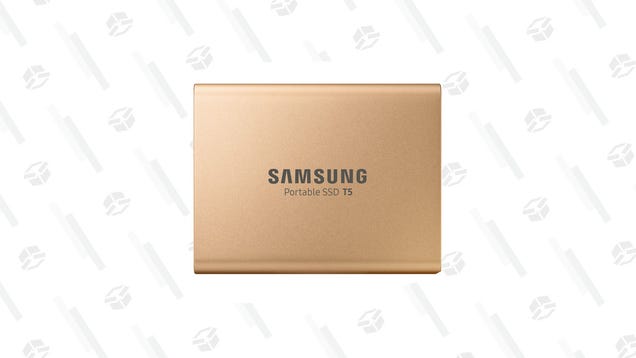
For as long as we can remember, sports fans have been on the wrong side of history.
In fact, they’ve turned their heads to injustice.
Cheered players that have been beaten down, bloodied and lay motionless.
Worse, dished out some awful racist taunts at the ballpark that would make the Klan proud.
That’s why people shouldn’t be surprised by some of the pushback and disrespect by NFL fans toward Black players seeking to end police brutality and racial injustice in this country. Truth be told, many just don’t want to hear it, don’t care about the plight of Black and brown people. They just want the Black players to perform for them, give them a reason to feel good about themselves.
On Sunday, Jacksonville was the only team that allowed fans to attend an NFL game. And there were boos, but for the Jaguars’ play in the first half of the game.
In the season opener in Kansas City on Thursday, some fans booed loudly when the players joined arms and the public address announcer asked for a moment of silence before the Chiefs hosted the Houston Texans at Arrowhead Stadium.
It was a disgrace, but to be expected.
“The moment of unity I personally thought was good,” Texans star defensive end J.J. Watt told the media after the game. “I mean the booing during that moment was unfortunate.
“I don’t fully understand that. There was no flag involved. There was nothing involved other than two teams coming together to show unity.”
On Saturday, the eve of the Detroit Lions’ season opener against the Chicago Bears, the team released a statement on Twitter about their plans for the anthem.
The Lions made it clear that they support their players’ decision to do what they want in protest.
“We support everyone’s right to stand, kneel or remain in the locker room during the anthem,” the statement read.
Fans aren’t always vocal. Somehow, they sat through years of segregation in Major League Baseball quietly. They could have easily ended it by not going to games as long as the game continued to bar Black players from playing.
Fans treated Jackie Robinson terribly when he broke the color barrier in 1947 when he took the field for the Brooklyn Dodgers. There isn’t enough room on the internet to list all the racist things he was called at ballparks all over America.
Still, by now, you would have thought it would have stopped. Nope. It has continued, especially at Fenway Park in Boston.
In 2017, Baltimore Orioles All-Star center fielder Adam Jones was berated by racist taunts while a bag of peanuts was thrown at him.
“A disrespectful fan threw a bag of peanuts at me,” said Jones to the media back then. “I was called the N-word a handful of times.”
And it wasn’t some rogue fans, an isolated incident. CC Sabathia confirmed that. “I’ve never been called the N-word anywhere but there,” he said of Fenway Park after Jones’ incident.
And don’t use the excuse that it’s just uneducated people who don’t know better.
It has happened numerous times at college basketball games, too. Yes, kids going to college have dished out the same vile treatment to Black players over the years.
Enter Patrick Ewing.
In 1983, at the Palestra in Philadelphia, Ewing ran out for pregame introductions and someone threw a banana peel on the court.
There were racist signs everywhere he played that season. Villanova fans held up a bed sheet that read “Ewing Is an Ape.” Another fan at that game wore a T-shirt that read, “Ewing Kant Read Dis.”
Someone under a basket in Providence had a sign that said, “Ewing Can’t Read.”
In 2018, the New York Rangers traded up to get Black defenseman K’Andre Miller with the 22nd pick in the NHL draft. In April, just few months ago, Miller was doing a live Q&A session online. The screen was filled with racial slurs from fans.
Players shouldn’t fret, however.
These are the same people you can never count on when things get tough.
And truth be told, you don’t need the fans to endorse or support the effort. Anybody against equality and fairness isn’t someone you want on your side anyway.
Think about it. The same people who spit on Black people at the Woolworth’s counter in 1960 in Greensboro, N.C. were probably sports season ticket holders, too.













